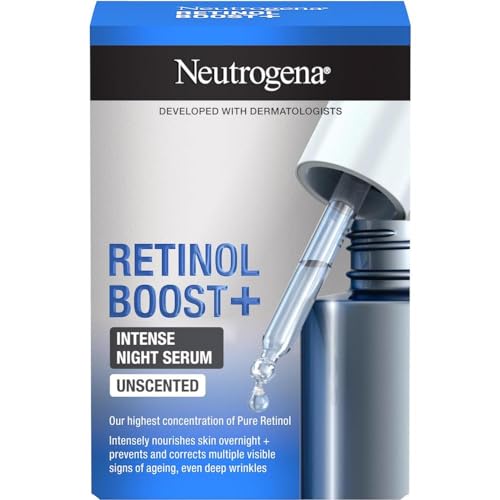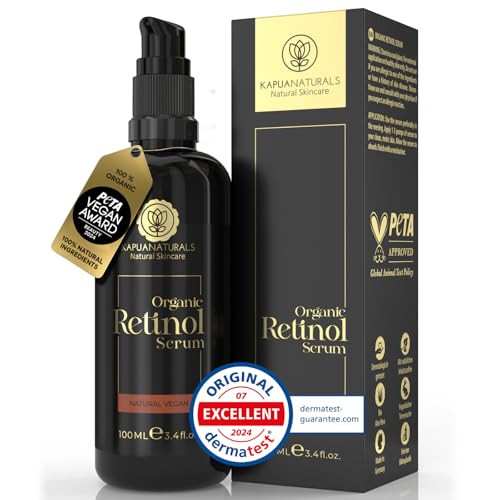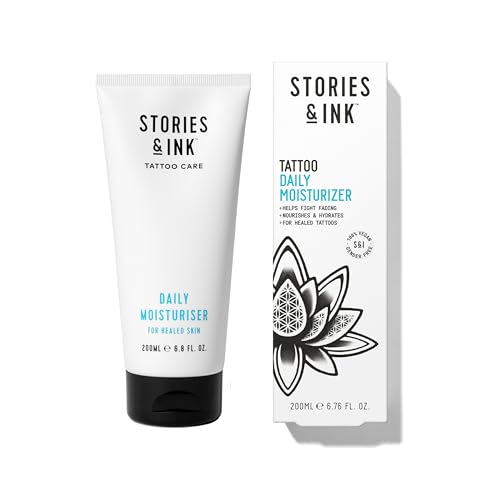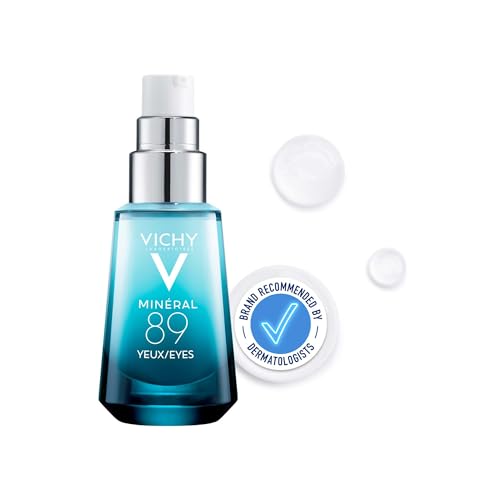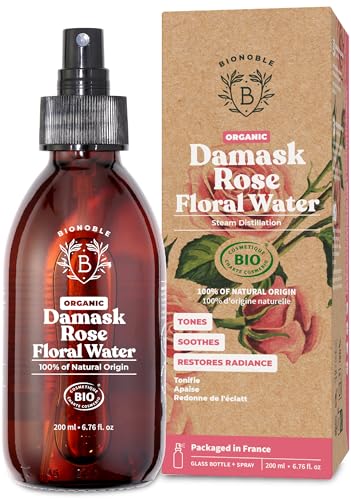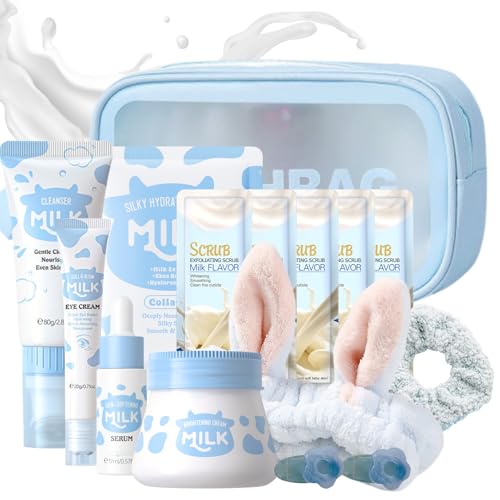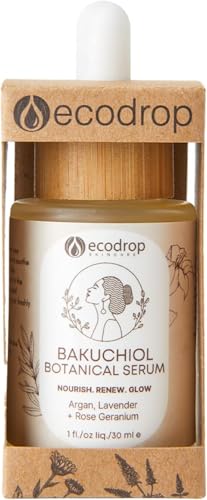What is Retinol Serum and How Does It Work?
Understanding Retinol
Retinol serum is a skincare product containing a derivative of vitamin A, which is crucial for skin health. It penetrates the skin’s outer layer to promote cell turnover, revealing fresher and healthier skin cells underneath. When applied, retinol works by stimulating collagen production and increasing the rate at which dead skin cells are shed. This process helps to keep the skin smooth, reduce the appearance of fine lines, and improve skin texture.
The Science Behind Retinol
Retinol in serums is commonly absorbed by skin cells, where it gets converted into retinoic acid, the active form that provides the benefits. This conversion process allows retinol to interact with skin cells at a deeper level, encouraging the faster regeneration of skin cells. As we age, cell turnover slows down, leading to dull skin and wrinkles. Using a retinol serum can help counteract these effects by manually stimulating your skin to renew itself more effectively.
Benefits of Using Retinol Serum for Your Skin
Anti-Aging Properties
One of the most acclaimed benefits of retinol serum is its ability to combat signs of ageing. Retinol promotes the production of collagen, the protein responsible for skin elasticity. As a result, regular use can lead to a reduction in the visibility of fine lines and wrinkles, giving the skin a more youthful appearance.
Improving Skin Texture and Tone
Retinol serum can also improve overall skin texture and tone. By encouraging the shedding of dead skin cells, it helps to enhance skin smoothness and brightness. It can diminish the appearance of pores and prevent clogged ones, which is a common cause of breakouts, making it particularly beneficial for those with oily or combination skin.
Acne Treatment
Many individuals struggle with acne at various stages of life. Retinol aids in preventing acne by accelerating the turnover of skin cells and reducing oil production. It can help to clear existing breakouts and prevent future ones, leading to clearer and healthier skin over time.
How to Choose the Right Retinol Serum for Your Skin Type
Consider Your Skin Sensitivity
When selecting a retinol serum, it’s essential to consider your skin sensitivity. If you have sensitive skin, look for formulations with lower concentrations of retinol or those specifically designed for sensitive skin types. Products containing additional soothing ingredients, such as hyaluronic acid or ceramides, can help minimise irritation while providing the benefits of retinol.
Skin Concerns to Address
Think about your main skin concerns. Retinol is versatile, but different serums might focus on specific issues such as pigmentation, texture, or ageing. For example, if you are primarily concerned about uneven skin tone, seek serums with added brightening agents alongside retinol.
Packaging Matters
Pay attention to the packaging of the serum as well. Retinol can degrade with exposure to light and air, so choose products that are packaged in opaque or air-tight containers to ensure stability and efficacy.
Application Tips for Maximum Effectiveness
Starting Slow
If you are new to retinol, it’s advisable to start slowly. Begin with once or twice a week and gradually increase the frequency as your skin builds tolerance. This approach reduces the risk of irritation while allowing your skin to adjust to the active ingredient.
Layering with Other Products
When applying retinol serum, be mindful of the other products you use. A good rule of thumb is to apply retinol on clean, dry skin and follow it up with a moisturiser to prevent dryness. Avoid using retinol simultaneously with other potent actives, such as vitamin C or exfoliating acids, to minimise irritation.
Night-time Application
For optimal results, retinol is best applied at night. The vitamin A derivative may increase your skin’s sensitivity to sunlight, making nighttime usage preferable. Always complete your evening skincare routine with a good sunscreen during the day to protect your skin.
Frequently Asked Questions About Retinol Serum
Can I Use Retinol with Other Skincare Products?
Yes, retinol can be a part of your skincare routine with other products, but it’s important to be cautious. Avoid combining it with other strong actives on the same night. Instead, consider creating a schedule where you use retinol on certain nights and other actives on different nights.
How Long Before I See Results?
The timeline for visible results can vary. Most users see noticeable improvements in texture and tone within four to six weeks of regular use. However, it may take up to three to six months for full anti-ageing effects to develop. Patience is key with retinol, as its benefits become more pronounced with continuous use.
Is Retinol Safe for Everyone?
While retinol is safe for most skin types, those who are pregnant or breastfeeding should avoid it due to its potential effects on the developing baby. If you have pre-existing skin conditions or are unsure, consulting with a dermatologist can help ensure that retinol is right for you.






